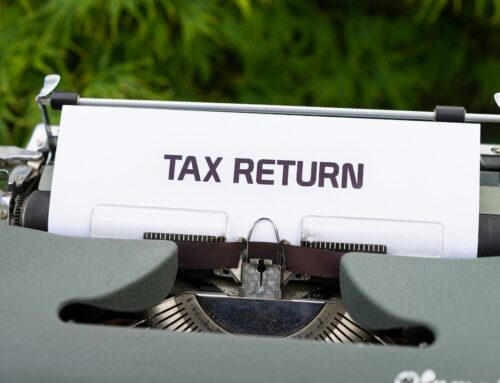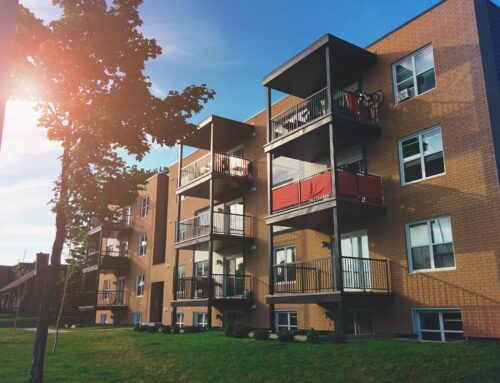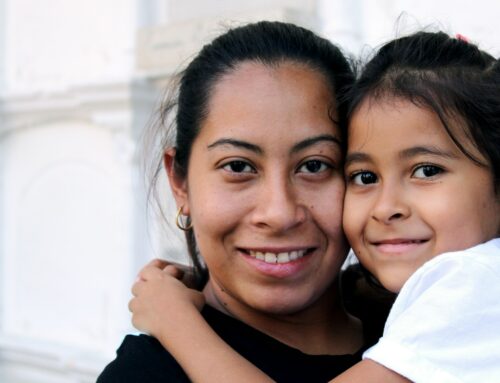As a Canadian Relocation service with more than two decades of industry experience, this is something we never thought we’d have to say. But this week the Canadian federal government closed the national borders as a way to slow the spread of the deadly COVID-19 coronavirus.
Canadian Borders: Restrictions and Exceptions
On Monday, March 16, the government announced the closure of its borders to most individuals who are not citizens or permanent residents of Canada. This policy will go into effect on Wednesday, March 18, at 12:00 noon EST.
Immediate family members, U.S. citizens, airline crew and diplomats may qualify for exemptions. For those with valid work and study visas, but who are currently outside the country, their status remains uncertain. Check with the Canadian Immigration News for current updates.
Domestic flights will not be affected, nor will flights from the U.S., Mexico and the Caribbean. Only four Canadian airports will continue to service international flights. Those are Toronto Pearson International Airport, Montréal-Pierre Elliott Trudeau International Airport, Calgary International Airport, and Vancouver International Airport.
Canada will not allow foreign cruise ships carrying more than 500 people to dock in the country until July 1 at the earliest.
Ultimately, the governments of Canada and the rest of the world are asking everyone to stay home, as much as possible.
UPDATE: As of March 18, the Canadian government is banning all non-essential travel between Canada and the U.S.
Canadian Immigration Procedures
As offices and businesses close down in Canada and around the world, the CIC is granting extra time (up to 90 days at this time) to applicants for residency and other visas. All existing appointments are being postponed until at least April 13. Individuals can still make in-person refugee claims, until further notice. Immigration, Refugees, and Citizenship Canada (IRCC) will also be canceling all citizenship tests and ceremonies until further notice.
In situations with special circumstances and exemptions, the government is attempting to expedite those cases as quickly as possible. That includes foreigners attempting to visit immediate relatives in Canada. This could also apply to those traveling from China, Iran or South Korea, who are being asked to provide additional paperwork from officials in those countries.
Prime Minister Trudeau and wife in quarantine
Causing considerable anxiety in Canada, Prime Minister Trudeau’s wife has also tested positive for the coronavirus. The couple, Justin and Sophie, reacted by placing themselves under quarantine for 14 days, beginning March 12. So far, the Prime Minister has exhibited no symptoms.
Virus causes Canadian Government shutdown
Meanwhile, the Liberal government also shut down the nation’s Parliament, the House of Commons, for at least five weeks. Lawmakers arrived at this decision with complete agreement. The House will reconvene on Monday, April 20.
Parliament was in the midst of drafting the federal budget, to be presented by March 30. That deadline could now be postponed for several weeks. The last action of Parliament prior to the shutdown was to sign and ratify the new version of the North American Free Trade Agreement (NAFTA).
Official recommendations during Coronavirus
Through this time of unprecedented crisis, the government is urging everyone to remain calm. The most important thing people can do is maintain distance. Minimize physical contact, avoid shaking hands, and wash hands frequently with hot water and soap.
Canadian Finance Minister Bill Morneau says that a $10 billion credit program will be available to help businesses get through this challenging disruption.
“I know that you are worried,” Trudeau has said. “Nobody should have to worry about paying rent, buying groceries.”
As for as what private businesses and the government will do to make up for all the down time and missed work hours, the future remains unclear.
PHOTO CREDIT: Original artwork by Pacha Hornaday







Leave A Comment